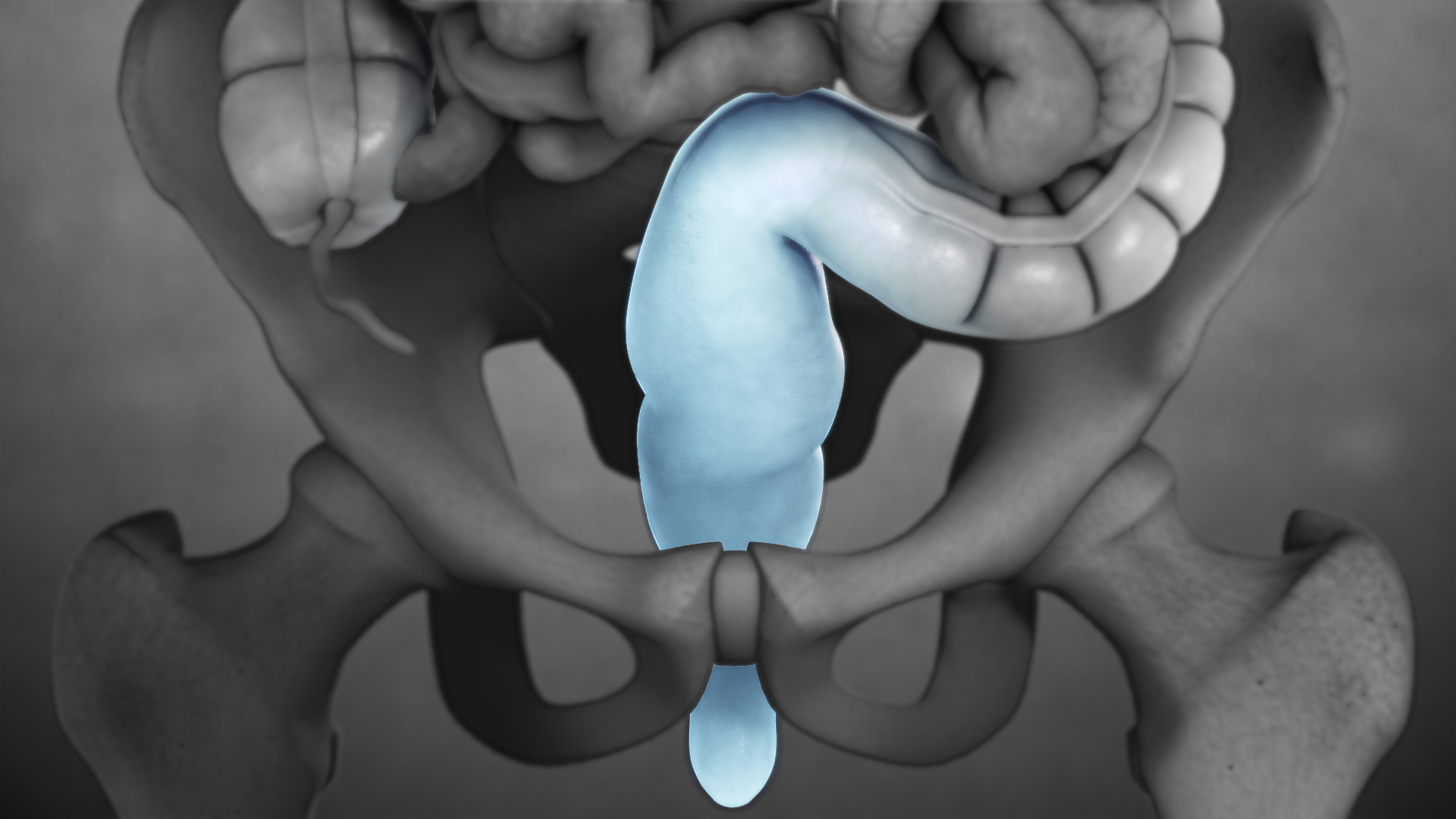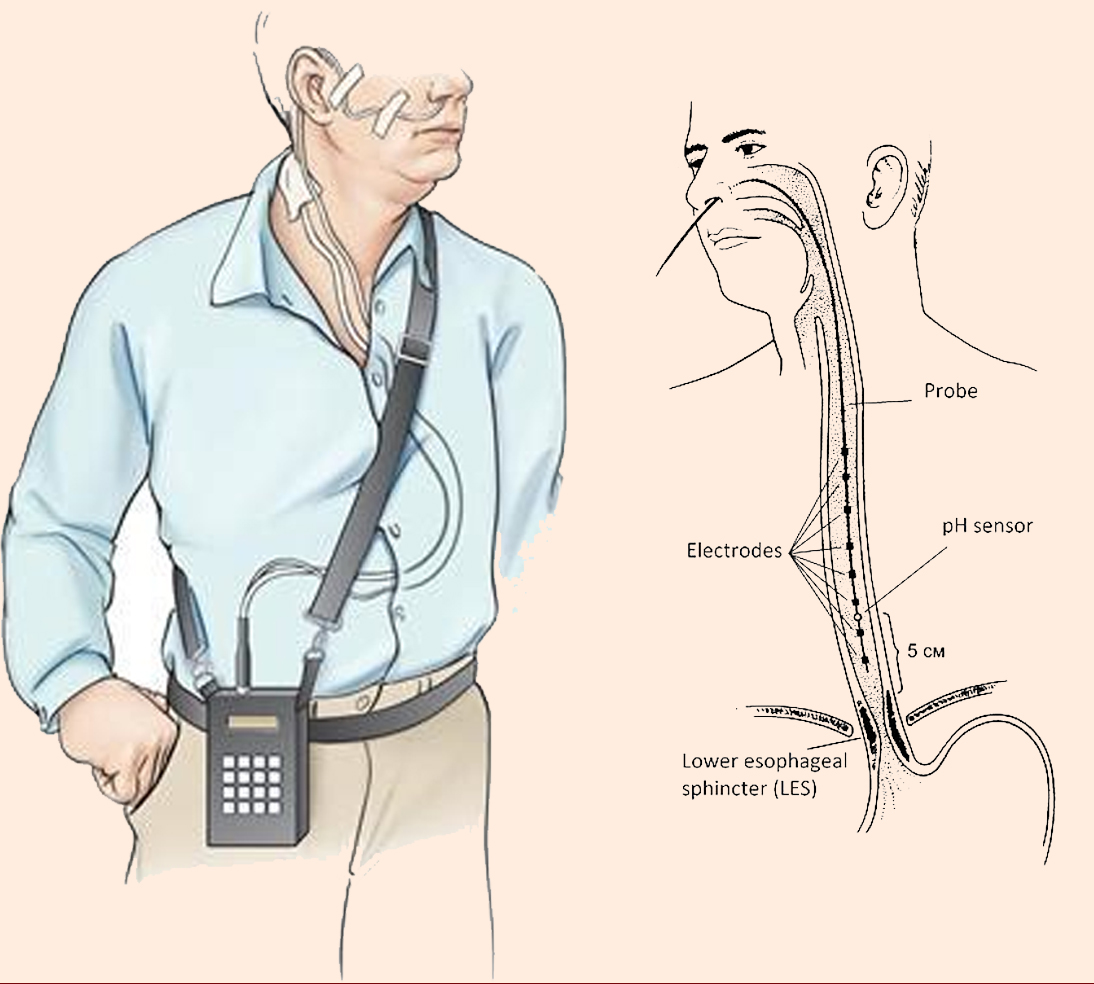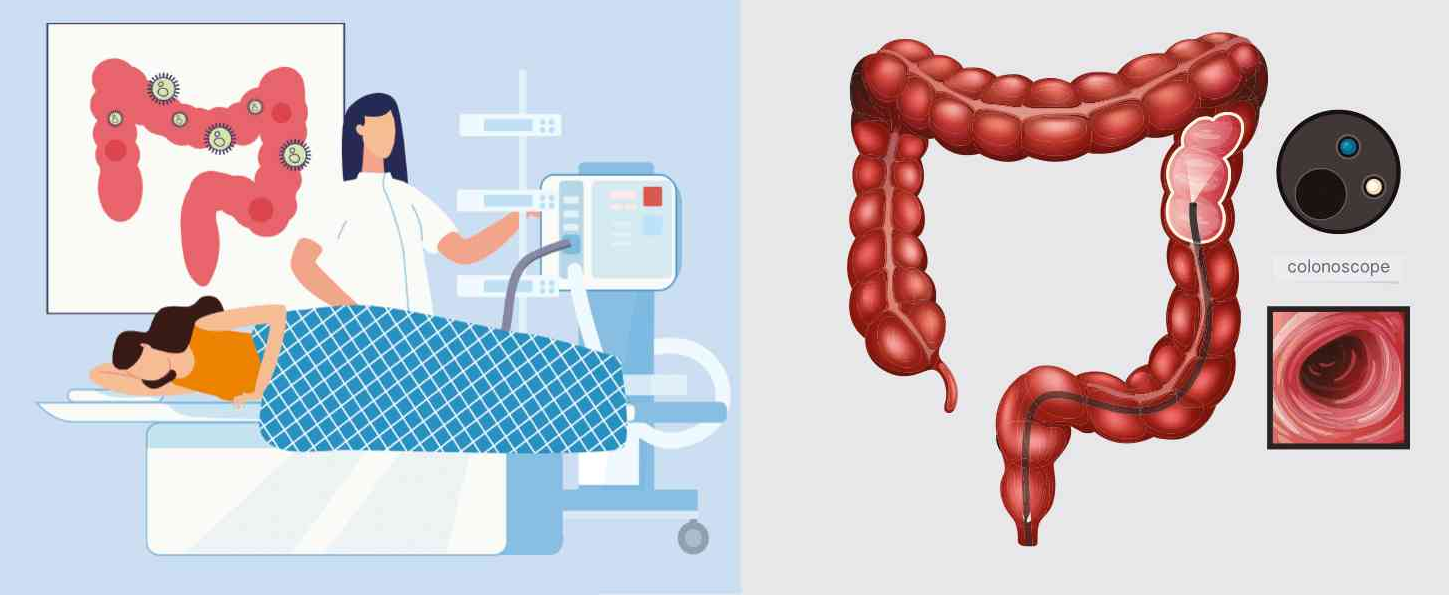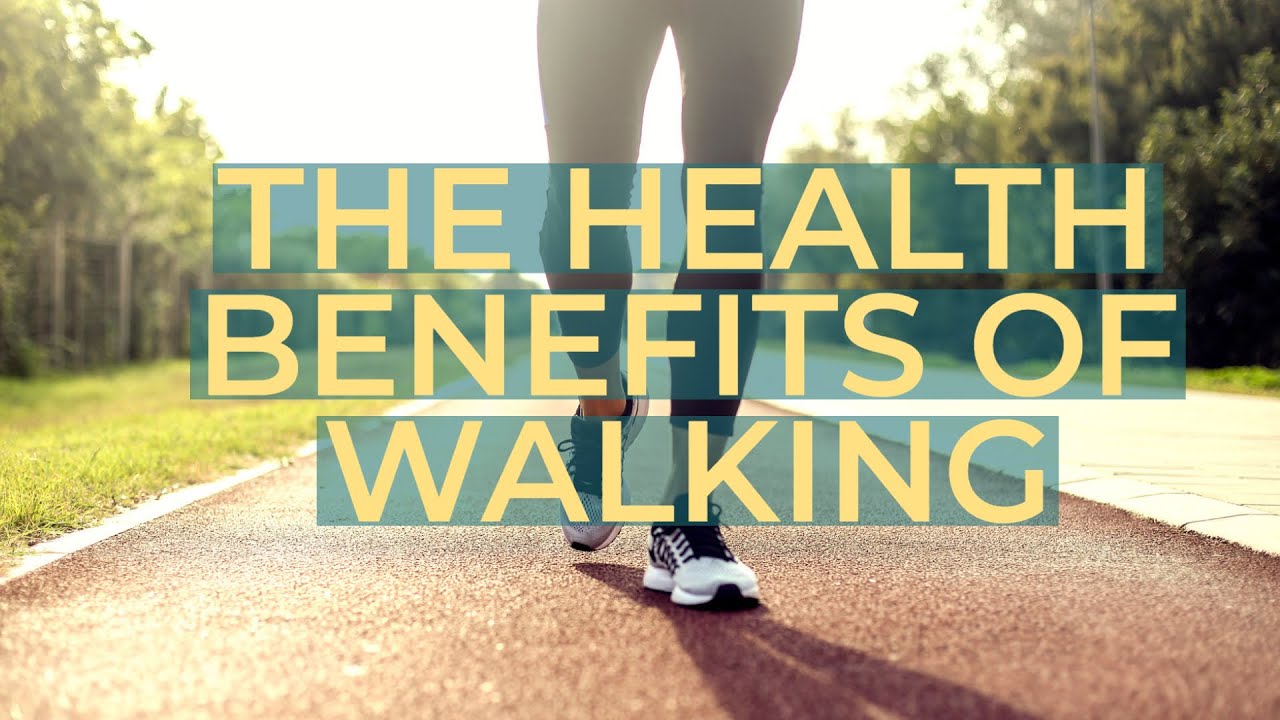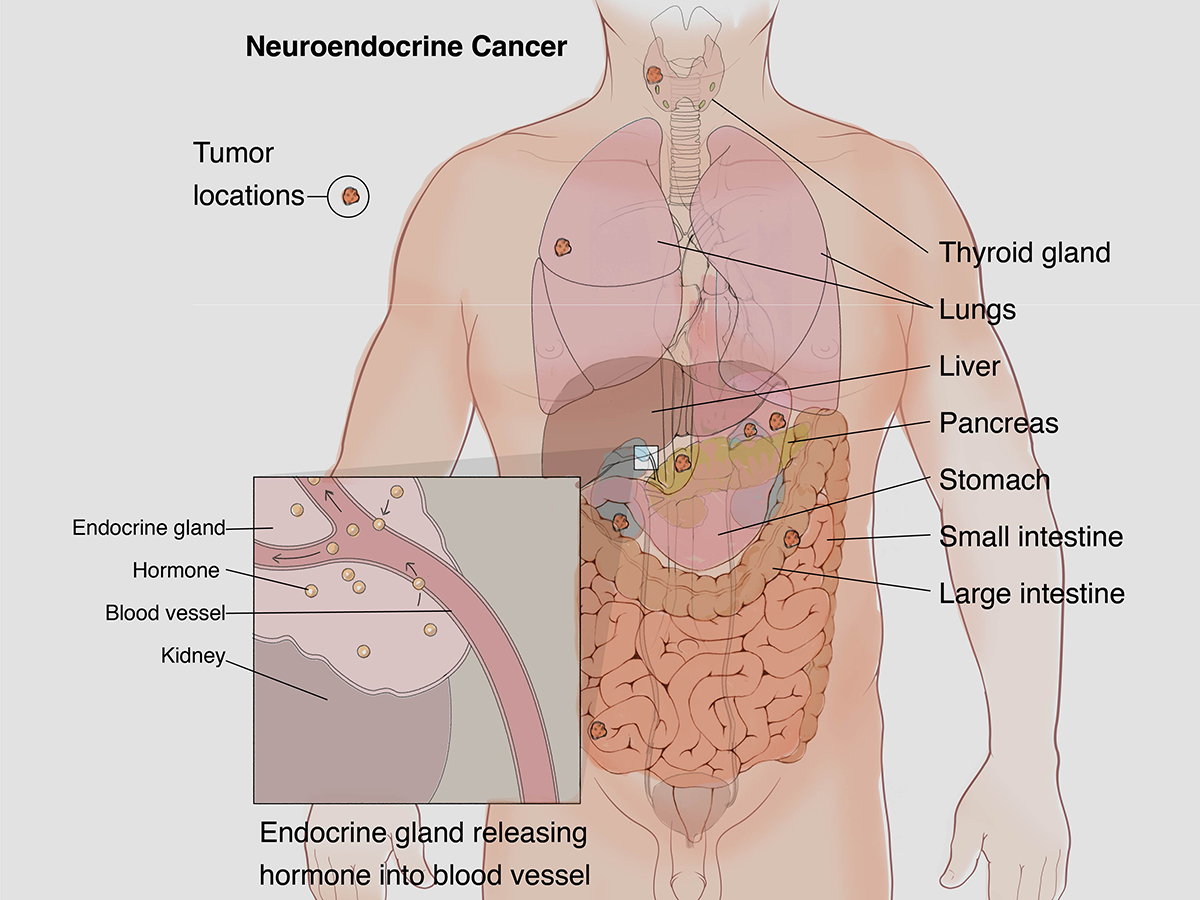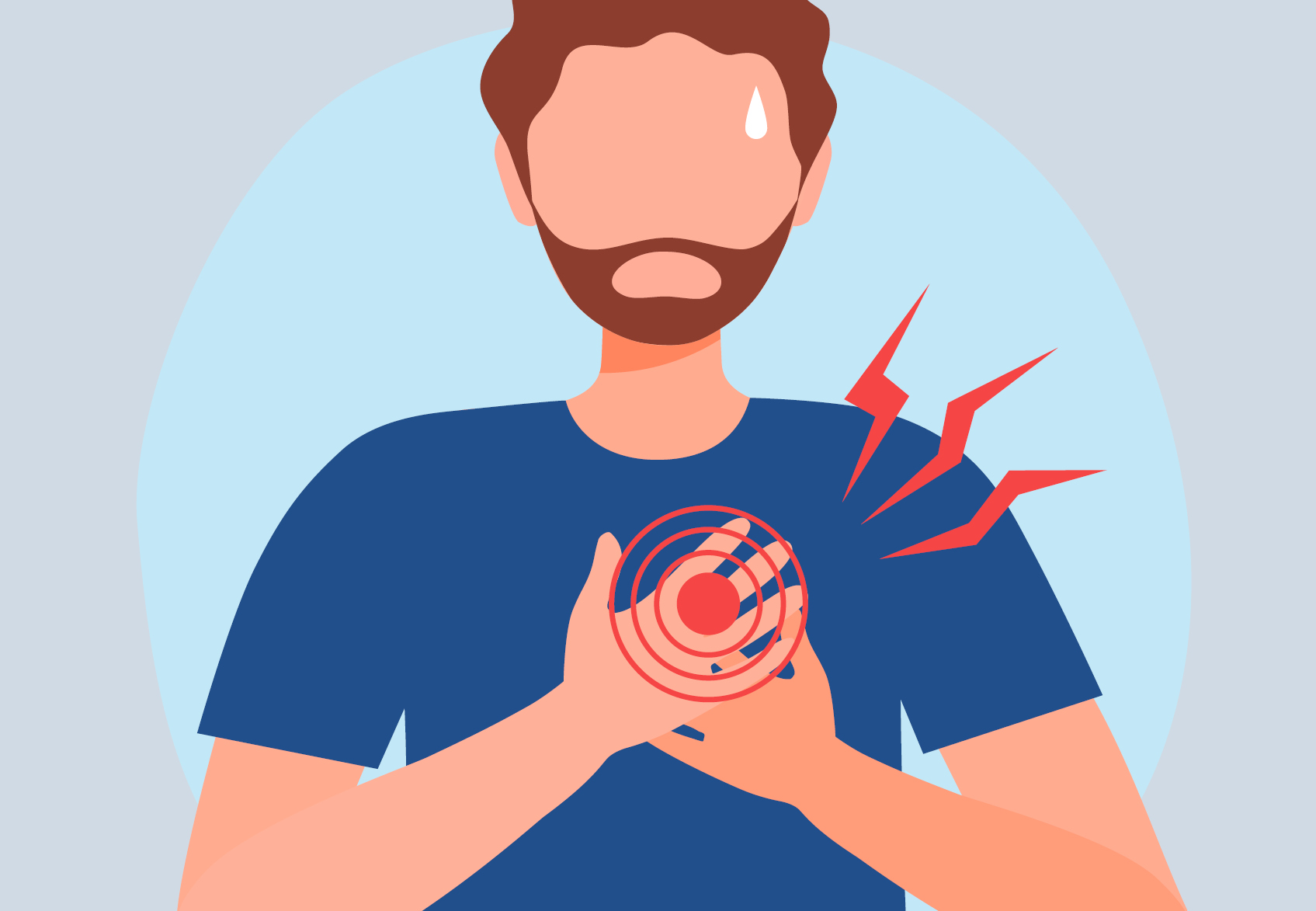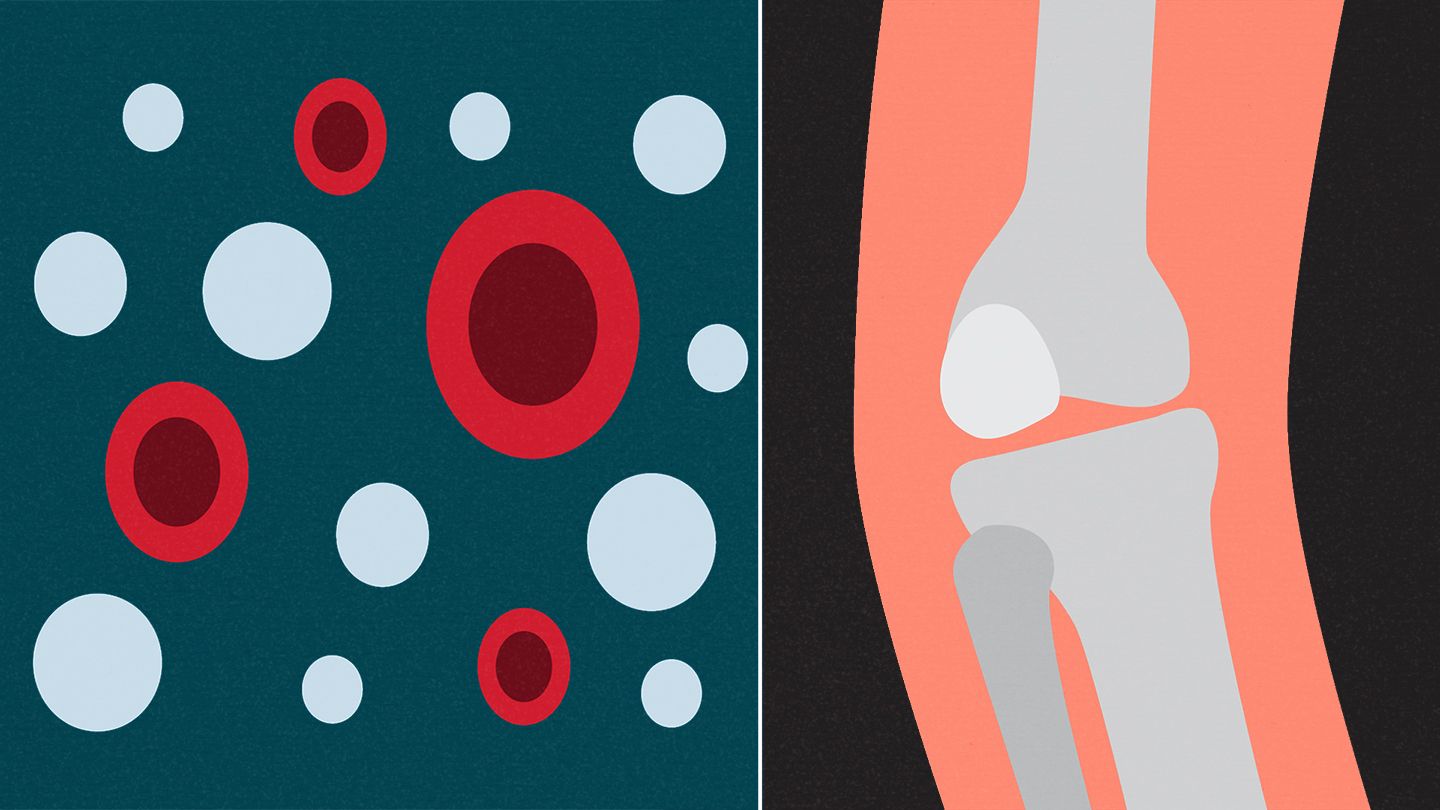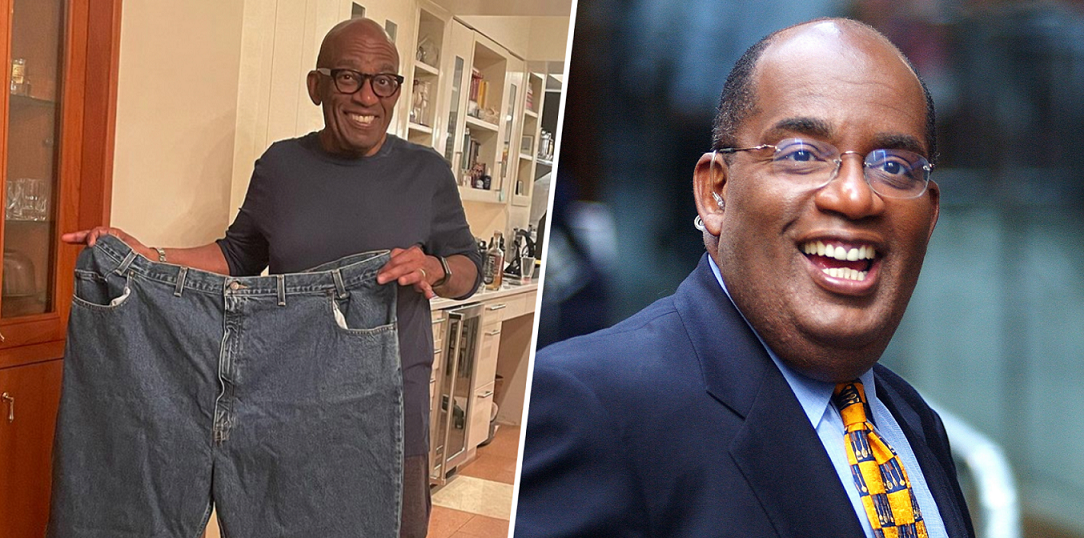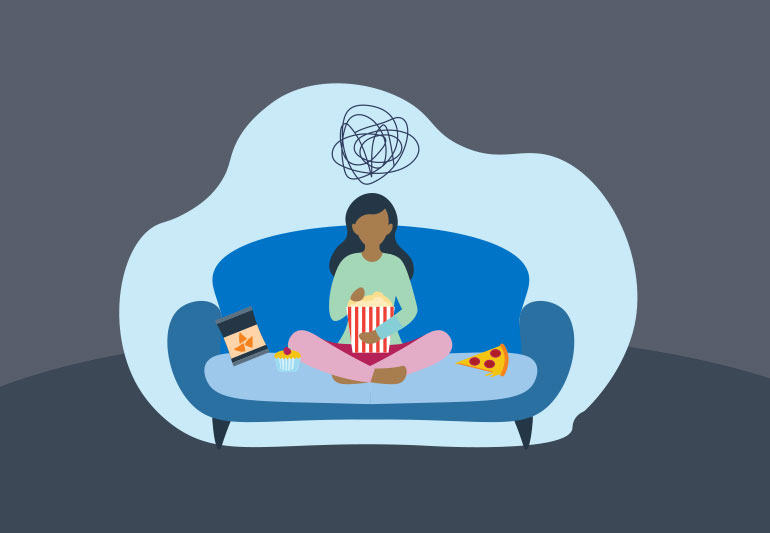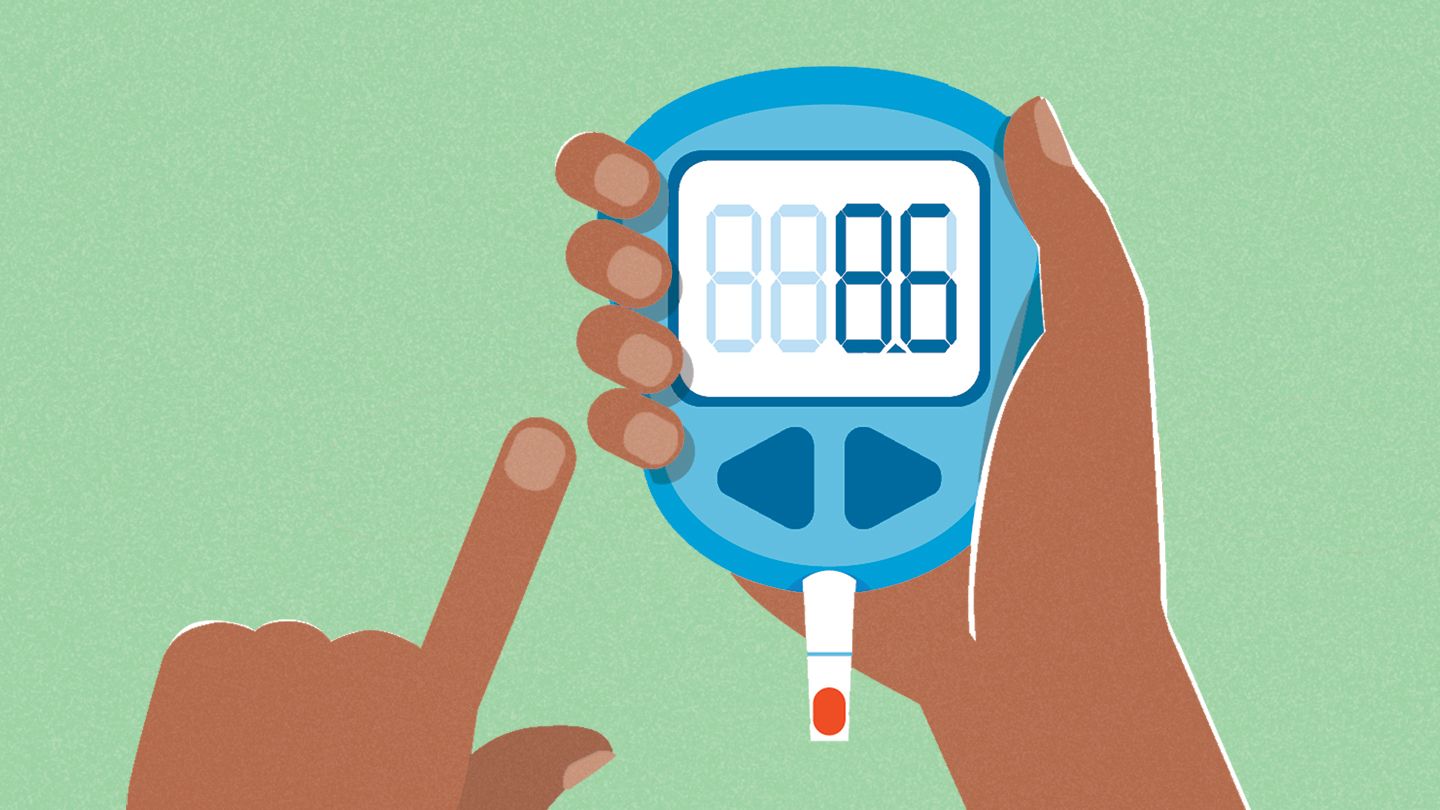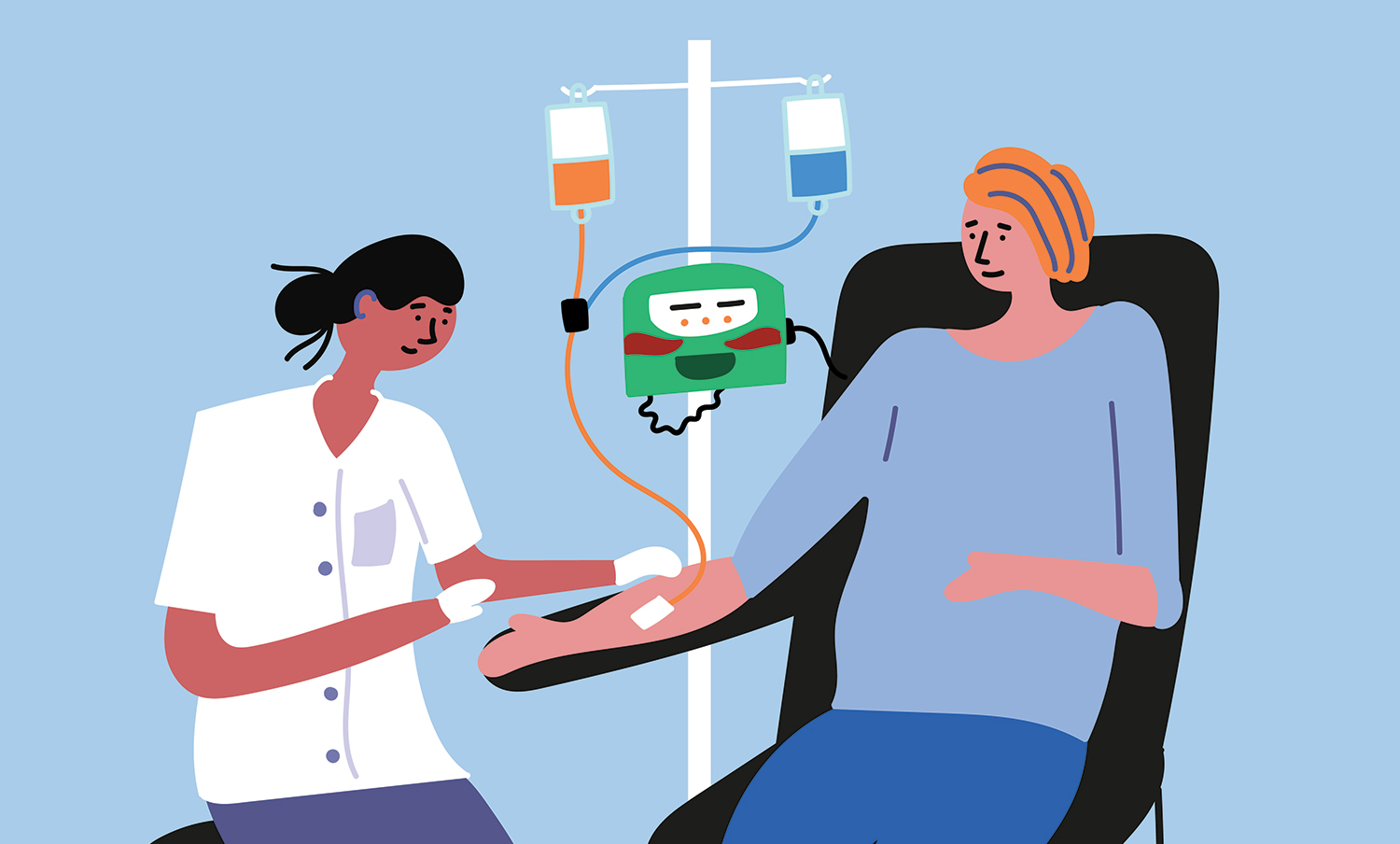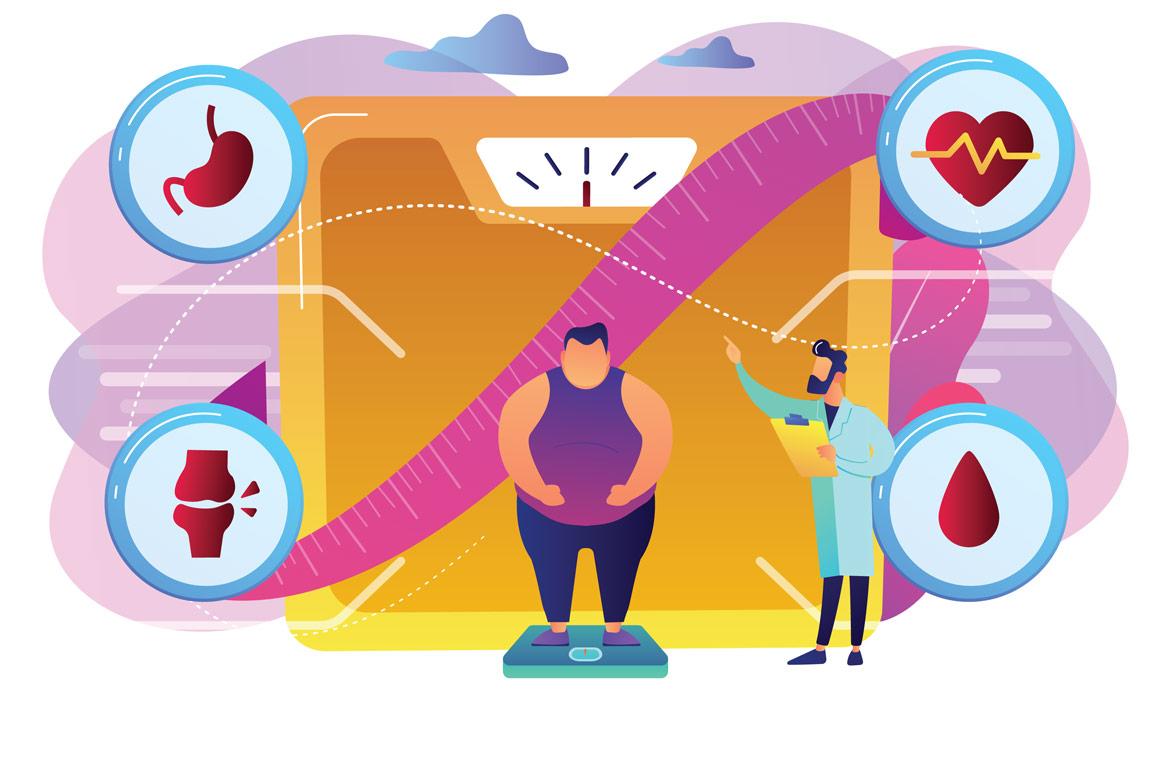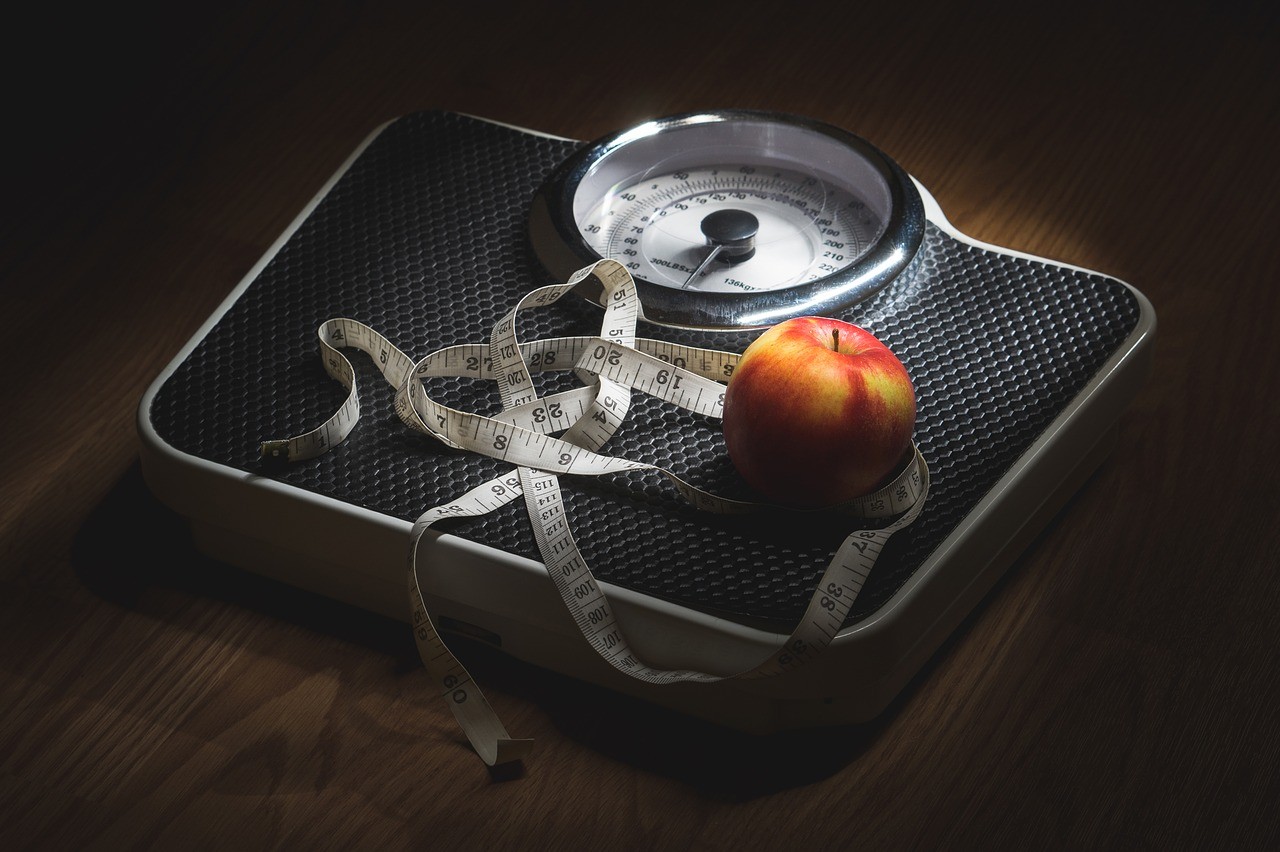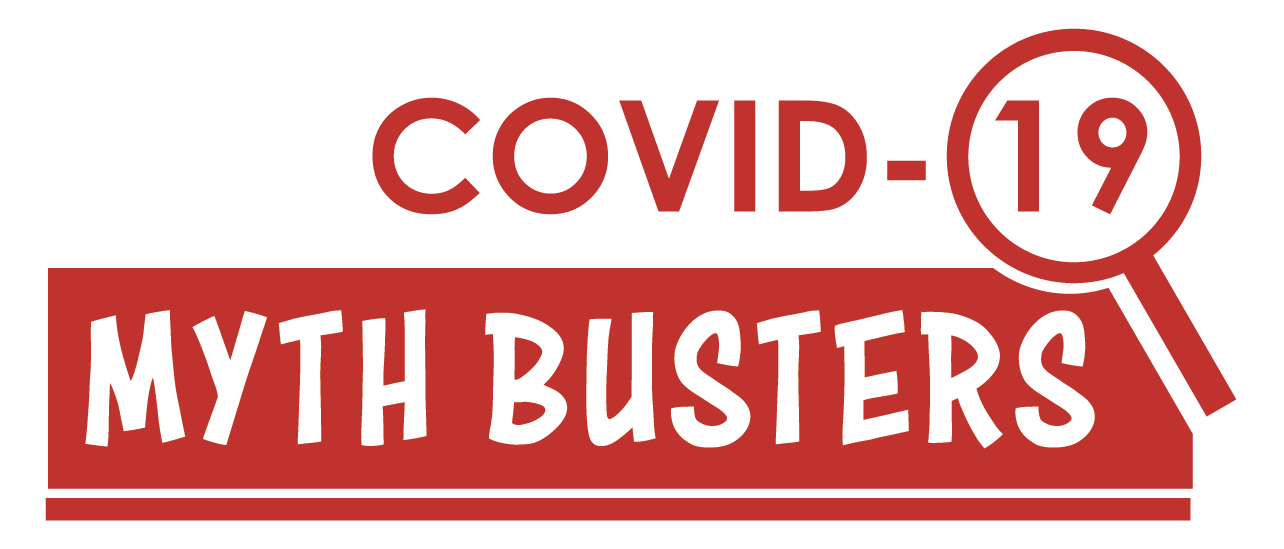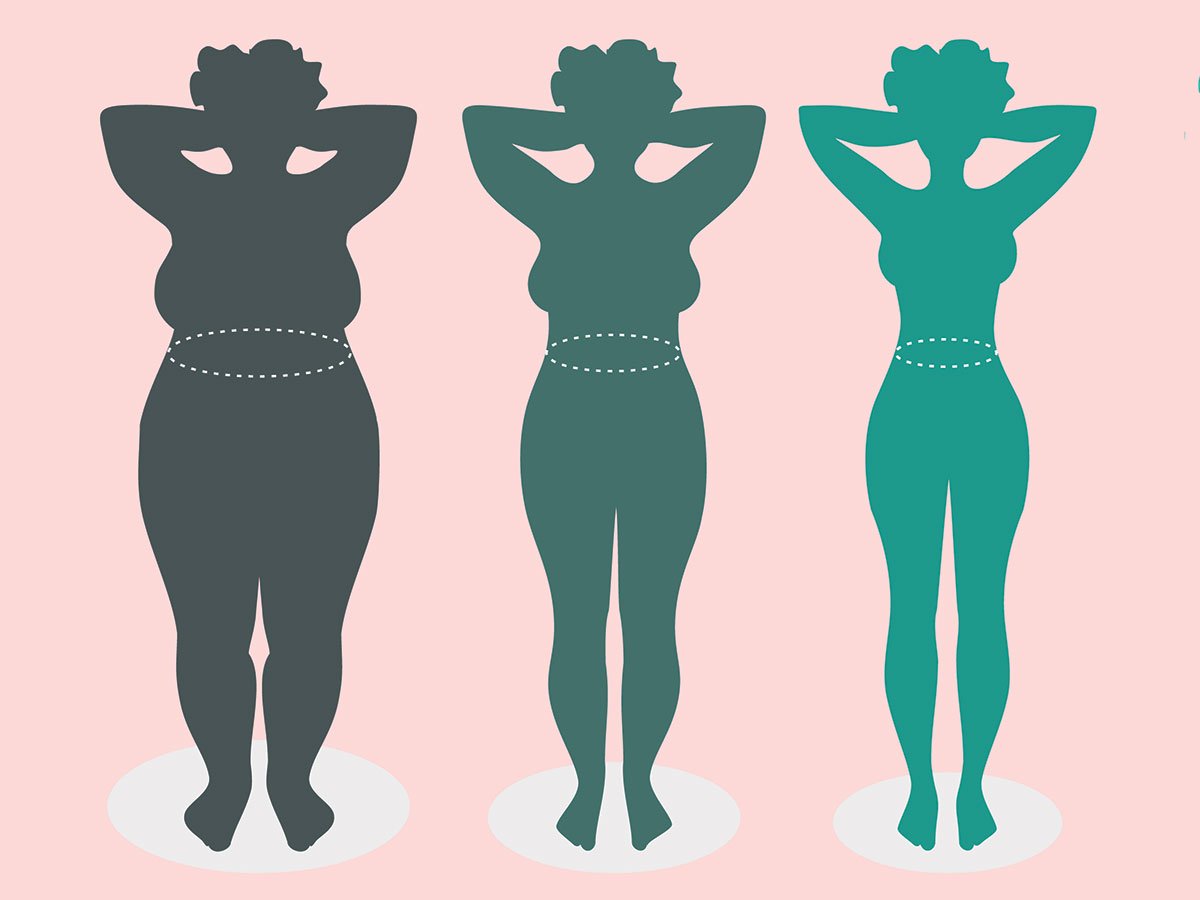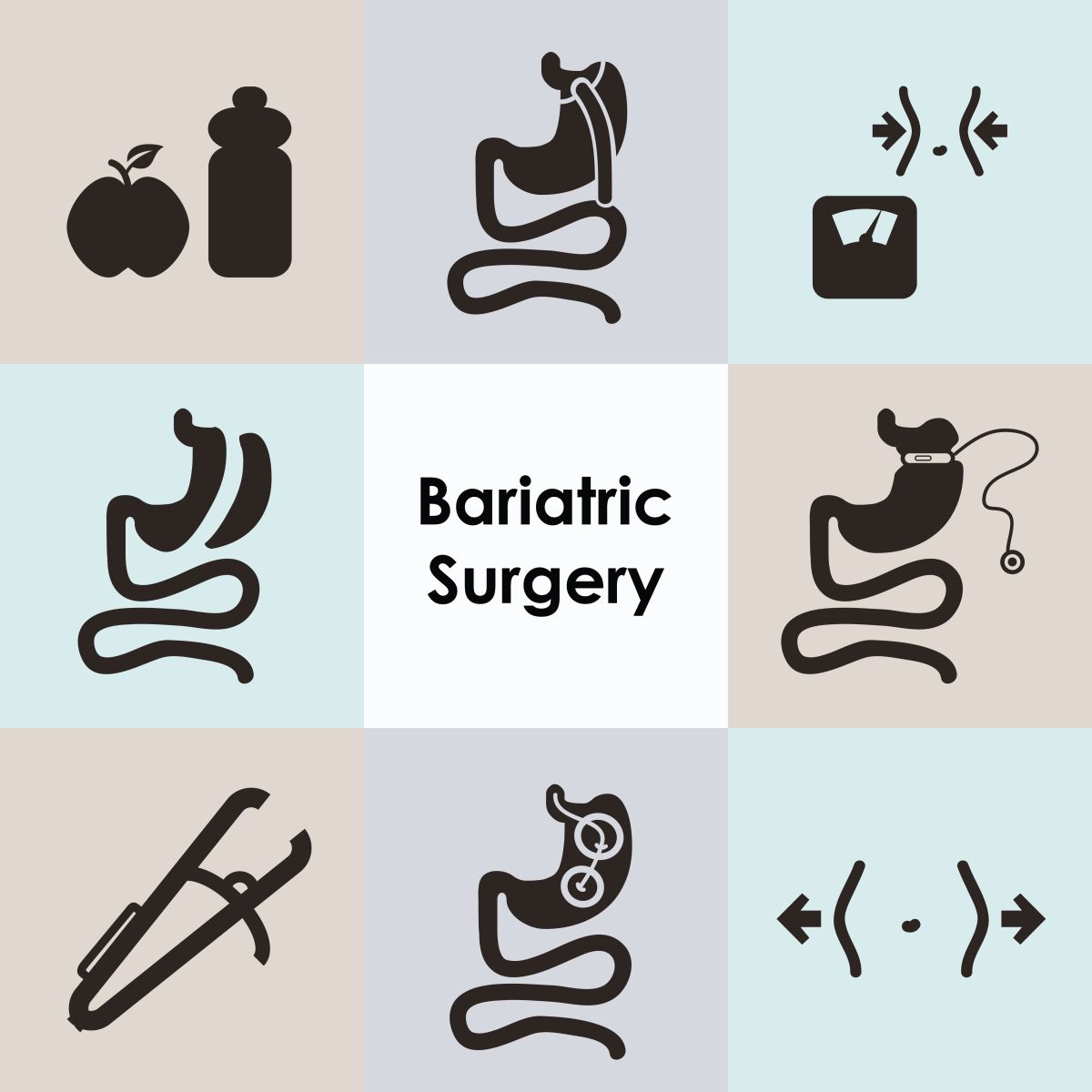Health, weight loss, hypnosis
Can hypnotherapy help with weight loss?
Hypnosis is a technique that practitioners may use to help people change unwanted thoughts or behaviours. Hence, some might use it as an aid with weight loss plans.

Overview
Hypnosis is a tool some therapists use to help individuals reach a state of total relaxation. During a session, practitioners believe that the conscious and unconscious mind are able to focus and concentrate on verbal repetition and mental imagery. The mind, as a result, becomes open to suggestion and open to change with regard to behaviours, emotions, and habits.
Forms of this alternative therapy have been used for a long time to help people with anything from bed-wetting to nail-biting to smoking. Research on hypnosis has also shown some promise for treating obesity, which will be discussed in detail in this article.
Does hypnotherapy work for weight loss?
Hypnosis may be more effective than diet and exercise alone for people looking to lose weight. The idea is that the mind can be influenced to change habits like overeating. However, exactly how effective it may be is still up for debate.
One earlier controlled trial examined the use of hypnotherapy for weight loss in people with obstructive sleep apnea. The study looked at two specific forms of hypnotherapy versus simple diet advice for weight loss and sleep apnea. All 60 participants lost 2 to 3 percent of their body weight in 3 months.
At the 18-month follow-up, the hypnotherapy group had lost another 8 pounds on average. The researchers concluded that while this additional loss wasn’t significant, hypnotherapy warranted more research as a treatment for obesity.
An analysis that included hypnotherapy, specifically Cognitive Behavioural Therapy (CBT), for weight loss showed that it resulted in a small reduction in body weight compared with the placebo group. Researchers concluded that while hypnotherapy may enhance weight loss, there isn’t enough research for it to be convincing.
It’s important to note that there isn’t much research in support of hypnosis alone for weight loss. Much of what you’ll find is about hypnotherapy in combination with diet and exercise or counselling.
What to expect from hypnotherapy?
During hypnotherapy, your therapist will likely begin your session by explaining how hypnosis works. They’ll then go over your personal goals. From there, your therapist may begin speaking in a soothing, gentle voice to help you relax and to establish a feeling of safety.
Once you’ve reached a more receptive state of mind, your therapist may suggest ways to help you change your eating or exercise habits or other ways to reach your weight loss goals.
Certain words or repetition of certain phrases may help with this stage. Your therapist may also help you visualize yourself reaching goals through sharing vivid mental imagery.
To close the session, your therapist will help bring you out of hypnosis and back to your starting state.
The length of the hypnosis session and the number of total sessions you may need will depend on your individual goals. Some people may see results in as few as one to three sessions.
Types of hypnotherapy
There are different types of hypnotherapy. Suggestion therapy is more commonly used for habits like smoking, nail-biting, and eating disorders. (source)
Your therapist may also use hypnotherapy together with other treatments, like nutrition advice or CBT.
Benefits of hypnotherapy
The main benefit of hypnosis is that it allows people to enter a relaxed state of mind where they may be more open to suggestions to help change certain habits. For some, this may mean faster and more notable results- but this isn’t true for everyone.
Studies show that some people may be more responsive to the effects of hypnosis and thus more likely to benefit from it. For example, certain personality traits, such as selflessness and openness, may make a person more susceptible to hypnosis.
Studies also found that susceptibility to hypnosis increases after age 40, and women, regardless of age, are more likely to be receptive.
Hypnosis is considered safe for most people if practised under the guidance of a trained therapist. It isn’t a means for brainwashing or mind control. A therapist can’t control a person to the point of doing something embarrassing or something against their will.
Risks of hypnotherapy
Again, hypnosis is safe for most people. Adverse reactions are rare if at all.
Potential risks include:
- Headache
- Dizziness
- Drowsiness
- Anxiety
- Distress
- False memory creation
People who experience hallucinations or delusions should speak to their doctor before trying hypnotherapy. Also, hypnosis should not be performed on an individual under the influence of drugs or alcohol.
Additional tips for weight loss
Here are some things you can do at home to help your weight loss efforts:
- Regular exercise. Try to get either 150 minutes of moderate activity (such as walking, water aerobics, gardening) or 75 minutes of more vigorous exercises (such as running, swimming laps, hiking hills) each week. (source)
- Keep a food diary. Track how much you’re eating, when you’re eating, and whether or not you’re eating out of hunger. Doing so may help you identify habits to change, such as snacking out of boredom.
- Eat fruit and vegetables. Aim for five servings of fruit and vegetable each day. You should also add more fiber to your diet- between 25 to 30 grams each day- to curb your appetite. (source)
- Drink six to eight glasses of water daily. Being hydrated helps prevent overeating.
- Resist the urge to skip meals. Eating throughout the day helps keep your metabolism running strong.
Conclusion
While hypnosis may provide an edge over other weight loss methods, it isn’t necessarily a quick fix. Still, research does suggest that using it in combination with a nutritious diet, daily exercise, and other therapies may help.
More research is needed to evaluate the use of hypnosis for more significant weight loss. For extra support, consider asking your doctor for a referral to a nutritionist or other professional who may help you create an individual weight loss plan to reach your goals.
Consult with our experts-
Reference
- https://www.nature.com/articles/0800578
- https://www.nature.com/articles/0803008
- https://my.clevelandclinic.org/health/treatments/9930-hypnotherapy#procedure-details
- https://www.ncbi.nlm.nih.gov/pmc/articles/PMC5388343/
- https://pubmed.ncbi.nlm.nih.gov/17444365/
- https://www.mayoclinic.org/tests-procedures/hypnosis/about/pac-20394405
- https://www.mayoclinic.org/healthy-lifestyle/weight-loss/basics/diet-and-exercise/hlv-20049483
- https://my.clevelandclinic.org/health/treatments/17633-weight-management-tips
- https://www.mayoclinic.org/healthy-lifestyle/weight-loss/expert-answers/weight-loss-hypnosis/faq-20058291





